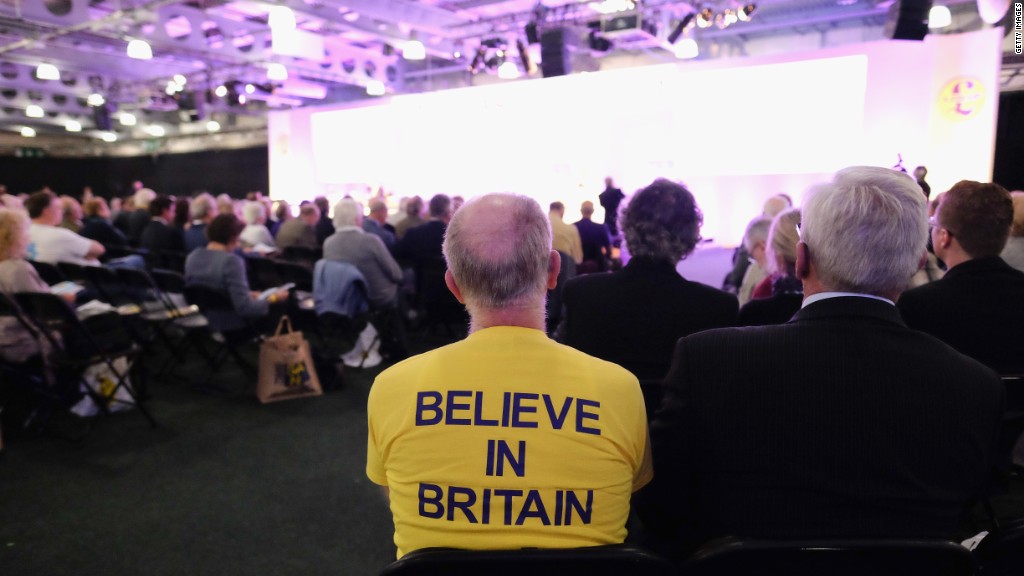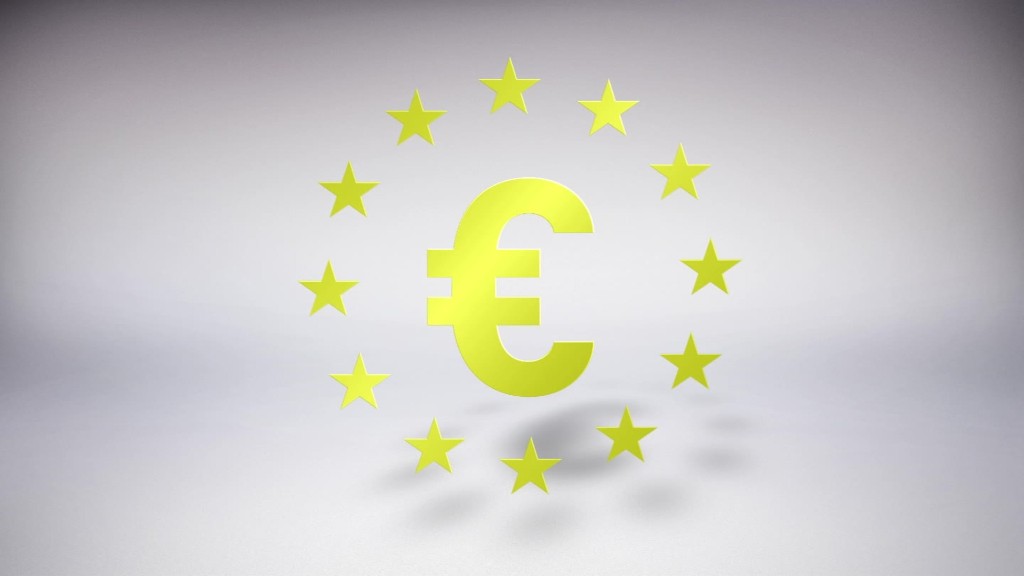
It's settled: Britain will vote on June 23 whether to stay in the European Union.
Prime Minister David Cameron announced the date Saturday after striking a deal with EU leaders to give Britain a "special status" within the EU, in an attempt to keep the country inside the 28-nation bloc.
It took the British Prime Minister David Cameron well over 24 hours of intense negotiations in Brussels to convince the rest of the European Union to agree with his conditions.
"I have negotiated a deal to give the UK special status in the EU," Cameron said in a Tweet.
The deal should make it easier for Cameron to convince the British public to vote for the country to stay in the bloc. A U.K. referendum on the issue is expected to come as early as June.
Cameron argues that being part of the club is good for the British economy. But his opponents are pushing for a British exit, or Brexit, arguing that EU membership is costly, creates regulatory red tape and brings in too much migration.
These numbers show just how much is at stake:
Investment
The European Union is a major source of foreign direct investment in Britain. Other EU countries invested £496 billion ($708 billion) in Britain in 2014, almost half of all outside investments in the country, according to research by the U.K. parliament.
Related: Why the big banks really hate 'Brexit'
Trade
Trade with the EU is very important to the British economy: 45% of British exports -- worth £230 billion ($329 billion) -- end up in other EU member states.
Roughly 53% of imports to the U.K. -- worth £289 billion ($413 billion) -- come from the bloc.
This trade creates and supports a huge number of jobs. Around 3.4 million British jobs depend upon exports to the EU, according to data by the European Institute.
Related: Why you should care about Europe's new deal for UK
Migration
Migration is a key issue in the debate. Being part of the club means EU migrants can have unrestricted access to British shores and jobs. An estimated 3 million EU nationals live in the U.K., and roughly two-thirds are working.
That compares with roughly 1.3 million Britons living elsewhere in the European Union, according to data from the U.N.
Regulations
Those arguing for Brexit say EU regulation creates a huge, costly burden for British businesses.
A 2015 study by the think tank Open Europe found that 100 of the most burdensome regulations cost the U.K. about £33.3 billion ($47 billion) a year.
But the think tank also said that leaving Europe would probably not help cut this bill since the U.K. would have to follow the regulations anyway to continue unrestricted trade with the EU.

Budget
The European Union has a common budget and Britain is a net contributor to it. Last year, the country paid £8.5 billion ($12 billion) more than it received.
Even though the budget is very small -- only about 1% of the union's GDP -- the fact that Britain is a net contributor makes a lot of Brexit supporters very angry.


